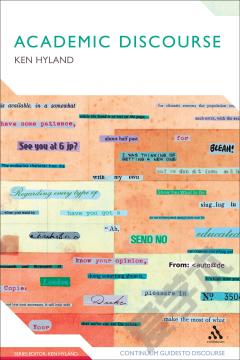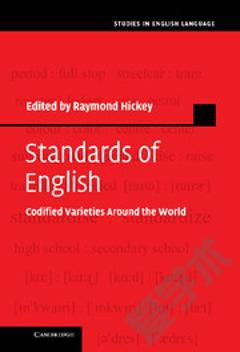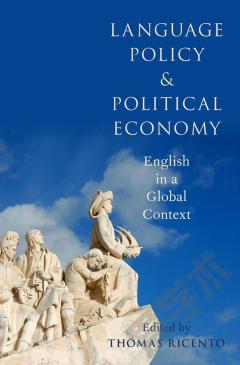English in the World —— Global Rules, Global Roles
----- 英语世界
Introduction - Rani Rubdy and Mario Saraceni Part I: Conceptualising EIL 1. An interview with Tom McArthur Rani Rubdy and Mario Saraceni 2. Global intelligibility and local diversity: possibility or paradox? Jennifer Jenkins, King's College London 3. English as a lingua franca in the expanding circle: what it isn't Barbara Seidlhofer, Vienna University 4. Defining the 'successful bilingual speaker' of English Luke Prodromou, freelance teacher 5. Which model of English: Native-speaker, nativised or lingua franca? Andy Kirkpatrick, Curtin University of Technology, Perth, Australia. 6. World Englishes or English as a lingua franca? A view from the perspective of non-Anglo Englishes Peter Tan, Vincent Ooi and Andy Chiang, National University of Singapore. 7. Standard English in the World Anthea Fraser Gupta, University of Leeds. Part II: Pedagogical Implications of EIL 8. EIL curriculum development Sandra McKay, San Francisco State University 9. A multi-dimensional approach to teaching English for the world Brian Tomlinson, Leeds Metropolitan University 10. Teaching EIL - teaching international or intercultural English? What teachers should know Nicos Sifakis, Hellenic Open University, Greece. 11. English as an international language, world Englishes and their conditions of (im)possibility Ruanni Tupas, National University of Singapore 12. English in the world does not mean English everywhere: the case for multilingualism in the ELT/ESL profession Michael Joseph and Esther Ramani, University of the North, South Africa 13. An interview with Suresh Canagarajah Rani Rubdy and Mario Saraceni.
{{comment.content}}








 京公网安备 11010802027623号
京公网安备 11010802027623号